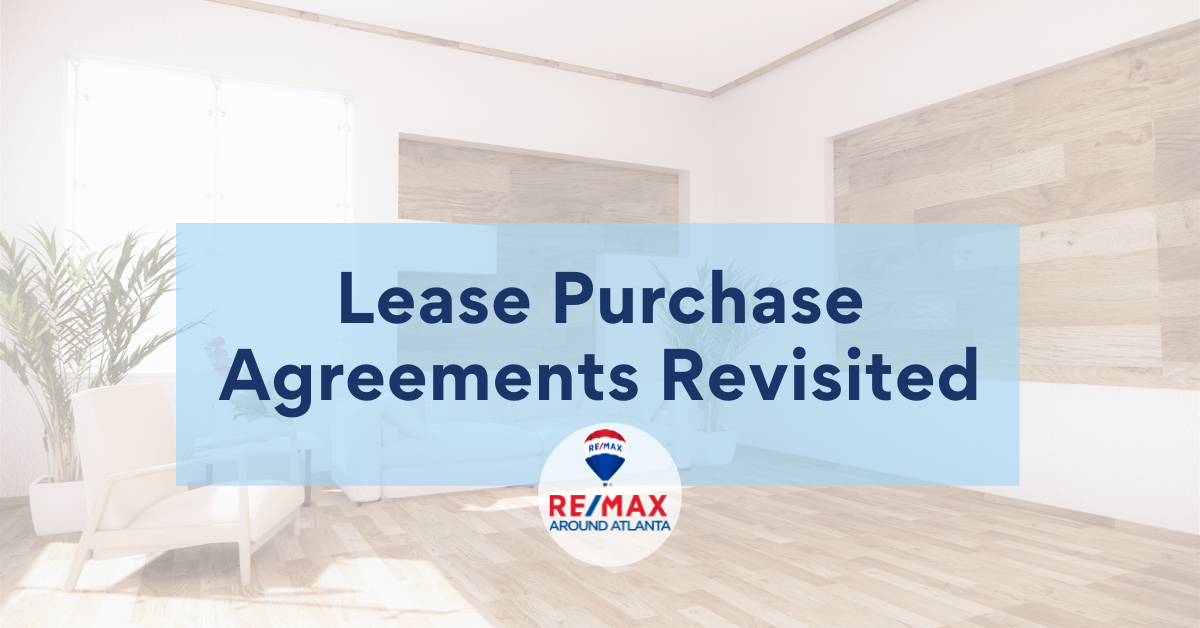|
Lease Purchase Agreements have been explored in previous Broker Corners.
The emphasis in this Broker Corner is the distinction between the earnest money that accompanies the purchase agreement and the security deposit that accompanies the lease. The 2 amounts are disbursed differently. Earnest money is disbursed according to the terms of the purchase agreement. If the sale closes, the earnest money is applied to the purchase price. However, if the buyer defaults and the sale does not close, earnest money is forfeited to the seller. A security deposit, on the other hand, is returned to the tenant if the lease ends without damage or outstanding rent or other costs. Don’t Allow a Buyer to Occupy Property Until These 3 Items Have Been Completed The point of a lease purchase is that the buyer be allowed to move into the property prior to a closing. That said, the buyer should not be allowed to occupy until 3 things have happened: 1. The earnest money is paid and has cleared (confirm if the co-op is the Holder). Should the buyer default, the earnest money is the seller’s sole remedy. 2. A move in agreement has been executed by both parties. Without a move in agreement, the landlord/seller’s right to the security deposit is compromised. 3. The lease security deposit has been paid. Should the buyer not pay the rent, not close the sale and damage the property, the security deposit is the landlord/seller’s remedy on the lease. What If the Buyer is in Default of the Purchase and Sale Agreement? The tenant is obligated to purchase at the end of the lease term, which coincides with the closing date of the Purchase and Sale Agreement. If the tenant/buyer does not close the purchase by the closing date, the tenant is in default, the seller can terminate the purchase agreement and the buyer forfeits the deposited earnest money. The lease also terminates upon the termination of the purchase agreement and the buyer/tenant must vacate the property upon the owner’s demand. What Happens to the Security Deposit? The disbursal of security deposit operates just like a standard lease. It is returned to the tenant if the lease ends without damage or outstanding rent or other costs. Seller Versus Buyer Representation It is generally better for the seller to have a larger earnest money deposit than security deposit. If the buyer defaults, the seller keeps the earnest money, but not necessarily the security deposit. If you are representing the buyer, you might offer the opposite.
0 Comments
Leave a Reply. |
RMAAReal Estate News, Brokers Blog & More Categories
All
Archives
July 2024
|


 RSS Feed
RSS Feed